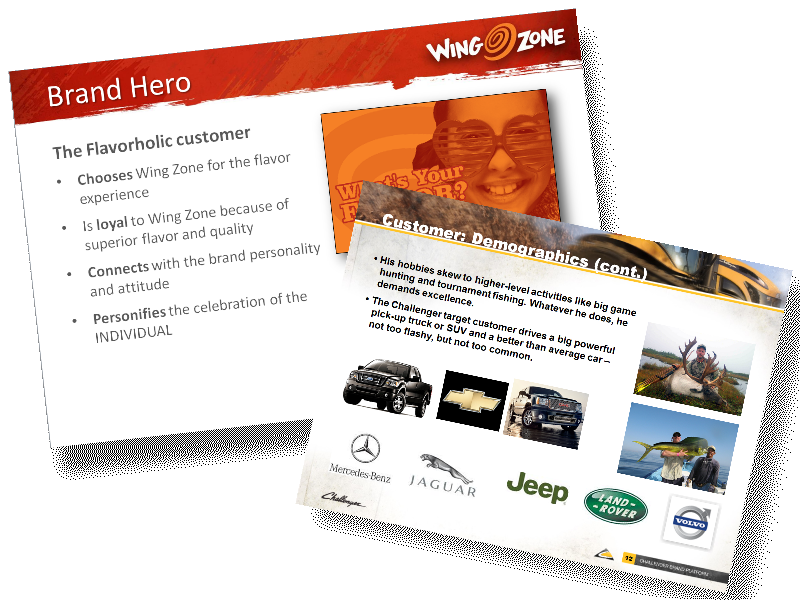Brand Platform Benefits
The essential tool for managing your brand
The Brand Platform identifies the distinctive DNA at the core of your brand.
Keep your messaging ready to roll
From your elevator speech to value propositions, a brand messaging platform keeps your initiatives on target.
Support your sales and marketing team
We build a full document with graphics, examples and guidance to support for your sales and marketing teams.
The typical brand platform includes:
01 Brand Concept
The one word or concept to be known for in the marketplace — the core and underlying message that is always communicated by the brand.
02 Brand Promise
This is how we fulfill our customer’s expectations, meet their needs and build their trust so that they become a customer for life. It defines what our customers can expect from our brand everyday.
03 Brand Vision
Express the future ideals of your brand. Setting a vision is the way to measure success.
04 Target Customer
Who is the most likely user of the product or service? The Target Customer is at the top of the bell chart in terms of numbers of users.
05 Brand Positioning
A brand owns a position in the mind of the consumer. It may be high or low in terms of price and quality in relation to other brands. It defines who we are – and who we are not.
06 Brand Statement & Tagline
Who is the Brand for? What is the Brand product? How is the Brand differentiated? What is the reason to believe? The tagline distills these key ideas into a single phrase.
07 Brand Drivers
These are the key features and emotional benefits that differentiate our brand. The Drivers make our products relevant to our target customer and articulate our competitive strengths.
08 Brand Character
This is the brand’s character defined in human terms. Our personality shapes the look, feel, voice and tone of communications and product design.
09 Brand Voice
This is how the brand speaks to our audiences. The voice could be playful, serious, authoritative, or full of attitude. Brand Voice defines how language is used in all messaging.
10 Brand Look
This is the visual reflection of the Brand Personality. These emotional descriptors guide the tone of our messaging, the design of the products and the look of all marketing materials.
11 Brand Rituals
“Welcome to Moe’s!” Enjoy a fresh baked cookie at DoubleTree Hotel. Bag of peanuts on Southwest Airlines. These are brand rituals that connect customers viscerally to the brand.
12 Messaging Architecture
The Messaging Architecture or Platform can be as simple as an elevator pitch or built out as a comprehensive, product-by-product copy guide.
Ready to build your brand platform?
It all starts with a brand position— your unique position in the marketplace. Miller eMedia will help you discover your most competitive differentiation and turn it into the cornerstone of your brand platform.
A brand concept focuses your brand position into a single idea. Think Volvo and safety, or Chick-fil A and no beef. Visit Wing Zone to see how the brand concept flavor, serves as the cornerstone of the brand.
The full brand platform is typically built out as a visual presentation so that it carries the look and feel of your brand. Your brand platform should be considered an evolving document that grows with your company.
A brand standards document can also be considered in parallel with the brand platform, but it has a different purpose. Brand standards exist as a set of rules. They enforce the technical display and usage of the brand in a variety of settings.
Brand Platform Examples:
Here are brand platforms from a company that sells to two very different target markets via two different brands — one corporate and one small business/personal. The brand platforms show the differentiation in style, language and market position.
Brand Platform for Servantus — an international call center company. View PDF
Brand Platform for Chatty Reception — a virtual receptionist company. View PDF


